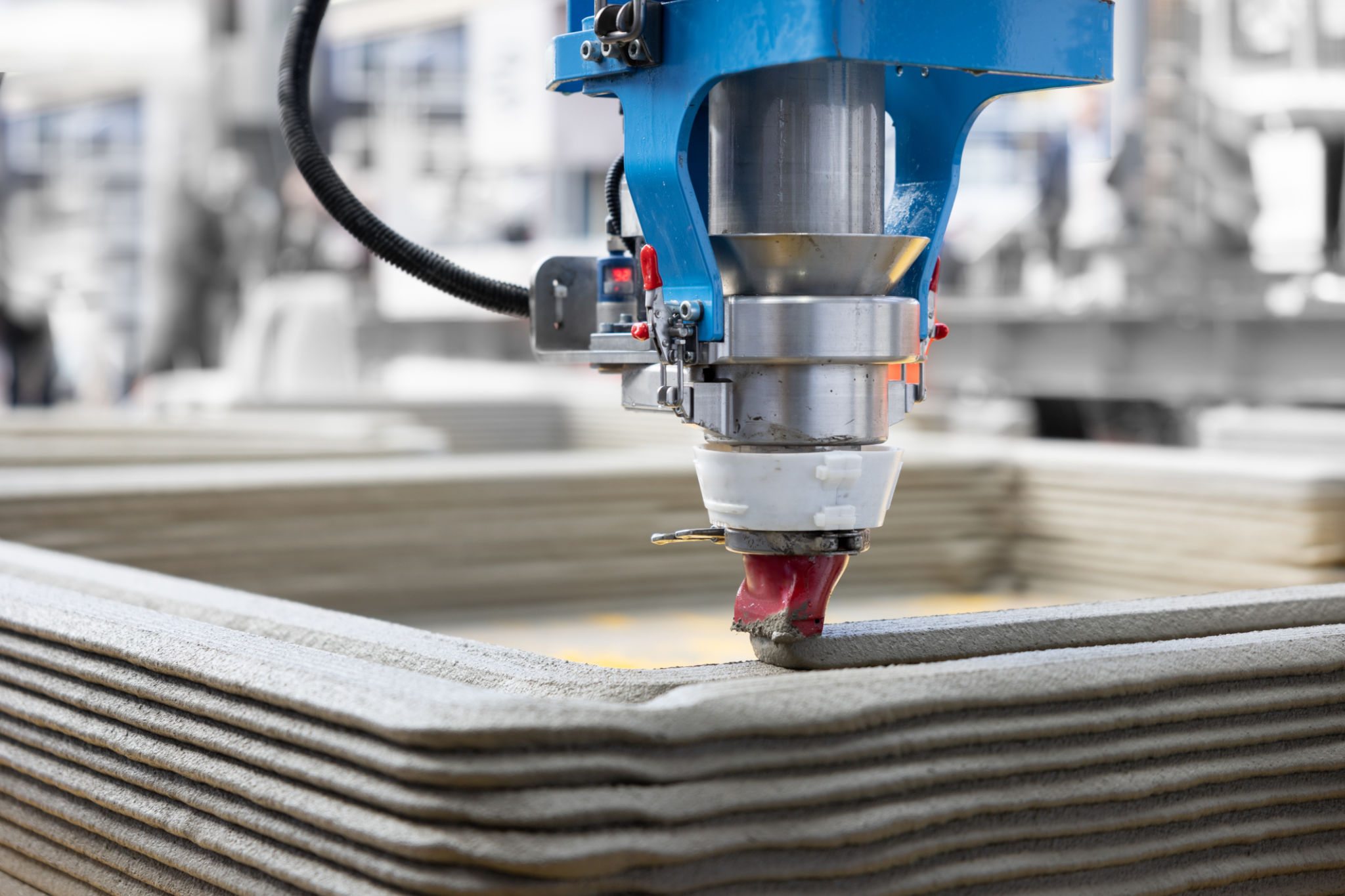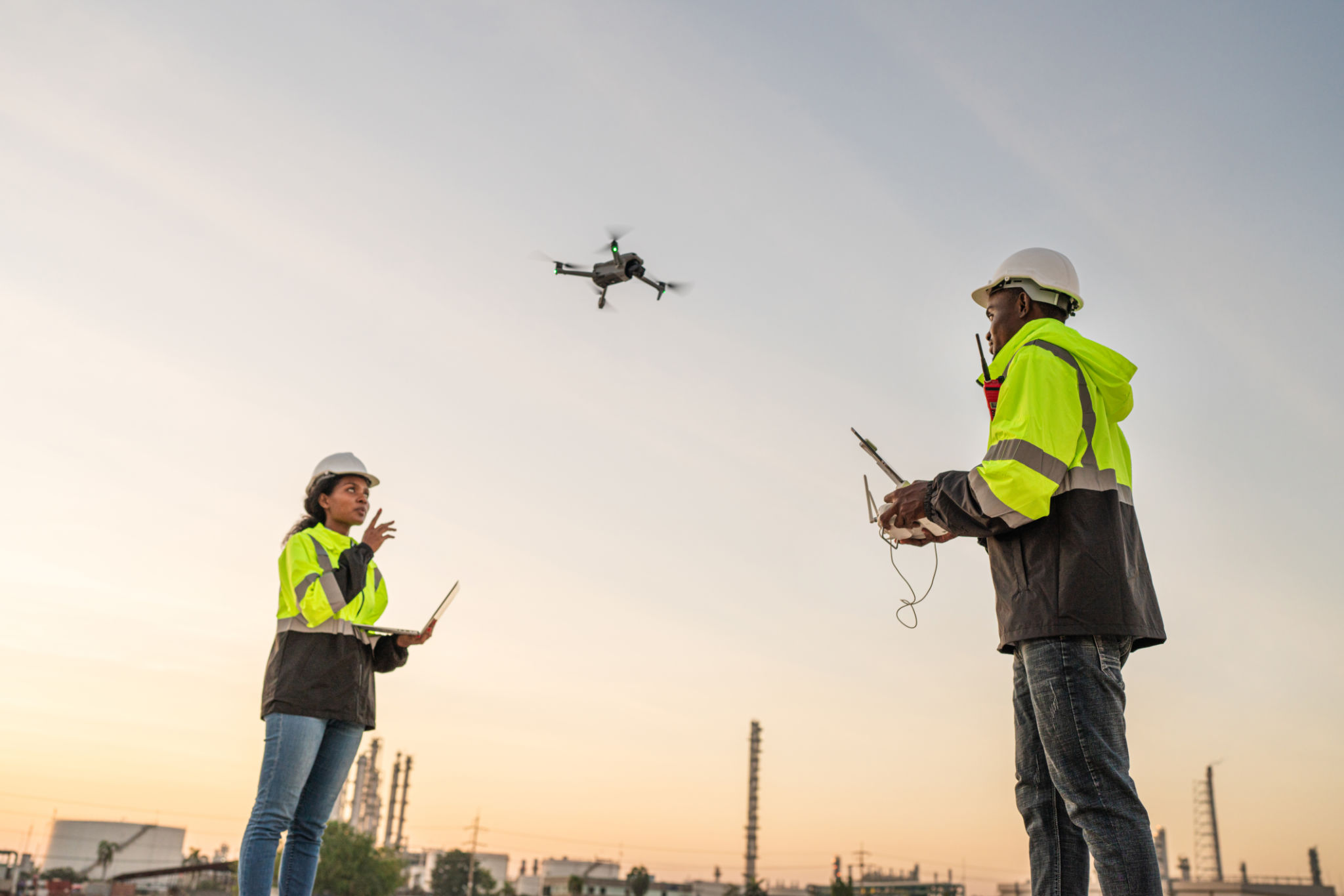Expert Insights: Future Trends in Construction Technology
Embracing the Digital Revolution in Construction
The construction industry is on the brink of a digital revolution, with technology poised to redefine how projects are planned, executed, and managed. As we look to the future, several key trends are emerging that promise to enhance efficiency, safety, and sustainability in construction. This transformation is not just about adopting new tools; it's about reshaping the entire landscape of the industry.
One of the most significant trends is the increasing use of Building Information Modeling (BIM). BIM enables architects, engineers, and construction professionals to create digital representations of structures before they are built. This technology offers a collaborative platform where stakeholders can visualize and experiment with different design elements, ultimately leading to more informed decision-making.

Innovations in Construction Materials
The materials used in construction are also undergoing significant changes. Innovations such as self-healing concrete and 3D-printed structures are pushing the boundaries of what is possible. Self-healing concrete, for example, contains bacteria that produce limestone to fill cracks, potentially extending the lifespan of infrastructure significantly.
3D printing is another game-changer, allowing for the creation of complex structures with reduced waste and lower costs. This technology not only speeds up the construction process but also opens up new possibilities for design and customization.

Automation and Robotics
Automation and robotics are becoming increasingly prevalent on construction sites. From drones conducting site inspections to robotic machines handling repetitive tasks, these technologies enhance productivity and safety. Drones provide aerial views of sites, allowing for real-time monitoring and data collection that can be analyzed to improve site management.
Robotics, on the other hand, can perform tasks such as bricklaying and concrete pouring with precision and efficiency. This reduces the risk of human error and allows skilled workers to focus on more complex tasks.

The Role of Artificial Intelligence
Artificial Intelligence (AI) is another critical component shaping the future of construction technology. AI algorithms can analyze vast amounts of data to optimize project schedules, manage resources, and predict potential issues before they arise. This predictive capability enables construction companies to mitigate risks and ensure projects are completed on time and within budget.
Furthermore, AI-powered software can enhance safety by identifying potential hazards on-site and recommending preventive measures. This proactive approach to safety management is crucial in reducing accidents and improving overall site conditions.
Sustainability Through Technology
Sustainability is a growing concern in the construction industry, and technology plays a vital role in addressing this challenge. Energy-efficient building designs, smart systems for resource management, and sustainable materials are becoming standard practices. Technology enables precise tracking of energy consumption and waste production, helping companies to minimize their environmental impact.
Moreover, advancements in green building technologies, such as solar panels and energy-efficient HVAC systems, contribute to reducing the carbon footprint of new constructions. As environmental regulations become more stringent, these innovations will be essential for compliance and sustainability.

The Future Outlook
The future of construction technology is bright and filled with opportunities for innovation. As these trends continue to evolve, they will drive significant changes in how projects are executed and managed. Companies that embrace these technologies will not only stay competitive but also lead the way in creating a more efficient, safe, and sustainable construction industry.
Investing in research and development will be crucial for companies looking to harness these technologies effectively. As the industry adapts to these changes, collaboration between technology providers and construction firms will be key to unlocking the full potential of these innovations.